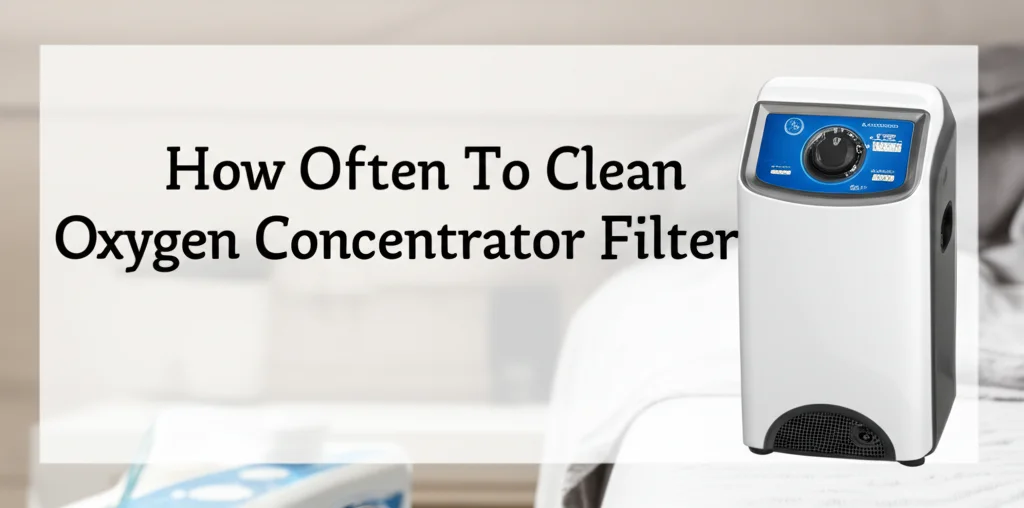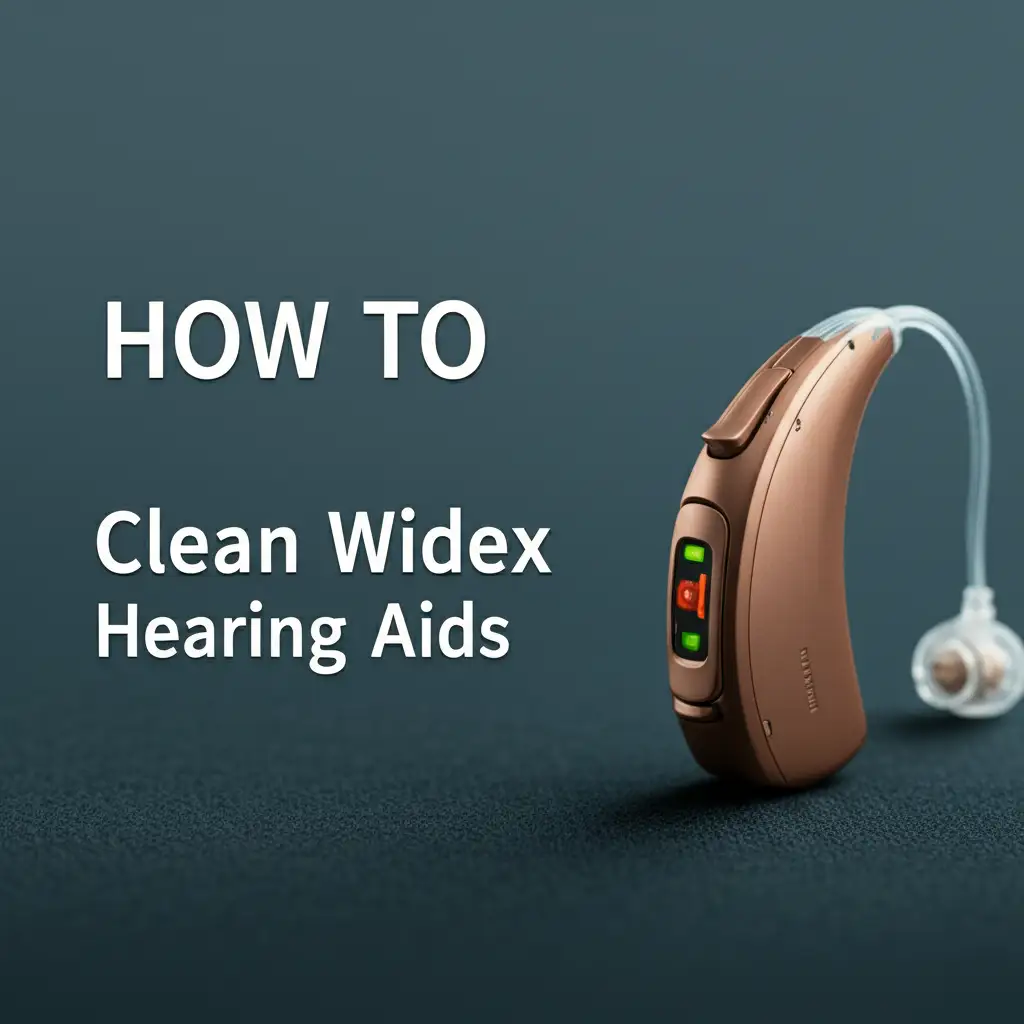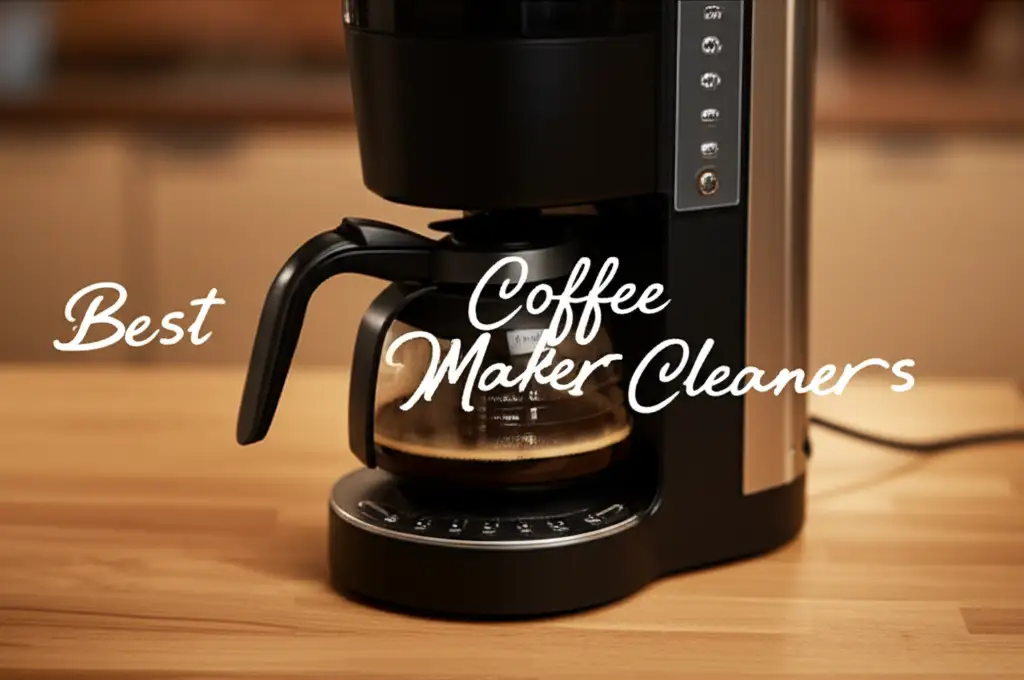· Health & Wellness · 7 min read
How To Clean Beltone Hearing Aids

Keeping Your Hearing Clear: How To Clean Beltone Hearing Aids
Do you rely on Beltone hearing aids to stay connected to the world around you? Maintaining them properly is crucial for optimal performance and a long lifespan. Cleaning your hearing aids regularly removes earwax, debris, and moisture, all of which can impact sound quality and even cause malfunctions. This guide will walk you through everything you need to know about how to clean Beltone hearing aids, ensuring you continue to hear your best. We’ll cover daily routines, deeper cleaning methods, and troubleshooting tips.
Takeaway:
- Clean your hearing aids daily with a soft, dry cloth.
- Remove the wax guard regularly (if applicable).
- Avoid water exposure and use a drying agent if needed.
- Never use harsh chemicals or solvents.
- Schedule professional cleaning and maintenance appointments.
Quick Answer: To clean Beltone hearing aids, wipe them daily with a soft, dry cloth. Remove wax filters regularly. Never use liquids directly on the device, and store them in a dry, ventilated case when not in use.
Why Regular Cleaning is Essential for Beltone Hearing Aids
Think of your Beltone hearing aids like any other precision electronic device. They require consistent care to function correctly. Earwax, skin cells, and dust can easily accumulate, blocking the sound outlet and causing feedback or reduced volume. Regular cleaning prevents these issues and extends the life of your investment. Ignoring cleaning can lead to more serious problems, potentially requiring repairs or even replacement.
Furthermore, moisture buildup from humidity or sweat can corrode the internal components. This is why proper drying is just as important as removing physical debris. A clean and dry hearing aid means clearer sound and fewer disruptions to your daily life. If you’re looking for ways to keep other areas of your home clean, consider learning how to clean aluminum for durable surfaces.
Daily Cleaning Routine: A Simple Habit for Optimal Performance
Establishing a daily cleaning routine is the easiest way to keep your Beltone hearing aids in top condition. This doesn’t require a lot of time or effort, but it makes a significant difference.
Here’s what you should do each day:
- Wipe Down: Use a soft, dry cloth (microfiber is ideal) to wipe the entire surface of your hearing aids. Pay attention to the microphone openings and any areas where debris might collect.
- Check the Dome/Eartip: Inspect the dome or eartip for wax buildup. If it’s visibly dirty, gently wipe it with a clean cloth.
- Storage: When you’re not wearing your hearing aids, store them in a clean, dry case with the battery door open to allow for ventilation. This helps prevent moisture buildup.
This simple routine takes less than a minute and can prevent many common issues.
Deep Cleaning Your Beltone Hearing Aids: A Step-by-Step Guide
While daily wiping is essential, a more thorough cleaning is needed periodically. This should be done weekly or as needed, depending on your earwax production.
- Remove Wax Filters (If Applicable): Many Beltone hearing aids use wax filters to protect the internal components. Carefully remove these filters according to the manufacturer’s instructions. Replace them with new filters if they are clogged or damaged.
- Brush Away Debris: Use a soft-bristled brush (often included with your hearing aids) to gently brush away any remaining wax or debris from the sound outlet, microphone openings, and battery compartment.
- Vent Cleaning Tool: Use a vent cleaning tool (a small wire loop) to carefully clear any blockage from the vent, which helps equalize pressure in your ear canal.
- Dry Thoroughly: After cleaning, allow the hearing aids to air dry for at least 30 minutes. You can also use a hearing aid dryer, if you have one.
- Reassemble: Once dry, reinsert new wax filters (if applicable) and close the battery compartment.
Remember to always refer to your Beltone hearing aid’s user manual for specific cleaning instructions. Keeping your home clean is also important, and you can learn how to clean a paint can for a tidy workspace.
Avoiding Common Cleaning Mistakes That Can Damage Your Hearing Aids
Certain cleaning practices can actually harm your Beltone hearing aids. Here are some things to avoid:
- Water & Liquids: Never immerse your hearing aids in water or use liquids like alcohol, bleach, or cleaning solutions directly on the device.
- Harsh Chemicals: Avoid using harsh chemicals or solvents, as they can damage the plastic and electronic components.
- Sharp Objects: Don’t use sharp objects like toothpicks or paper clips to clean the hearing aids, as they can push debris further inside.
- Excessive Force: Be gentle when cleaning. Excessive force can damage delicate parts.
- DIY Repairs: Avoid attempting to repair your hearing aids yourself. Always consult a qualified hearing care professional.
Following these guidelines will help you protect your investment and ensure your hearing aids continue to function properly.
Dealing with Moisture: Protecting Your Hearing Aids from Humidity and Sweat
Moisture is a major enemy of hearing aids. Humidity, sweat, and even condensation can cause corrosion and malfunction. Here’s how to protect your Beltone hearing aids from moisture:
- Drying Agent: Use a hearing aid drying agent or dehumidifier to remove moisture from the devices after use.
- Storage: Store your hearing aids in a dry, ventilated case when not in use.
- Avoid Damp Environments: Try to avoid wearing your hearing aids in extremely humid environments, such as saunas or steamy bathrooms.
- Dry Immediately: If your hearing aids get wet, dry them immediately with a soft cloth and place them in a drying agent.
Taking these precautions can significantly extend the life of your hearing aids. If you’re looking for ways to keep other areas of your home dry, you might find it helpful to learn how to clean a basement to prevent mold and mildew.
When to Seek Professional Cleaning and Maintenance
While you can perform regular cleaning at home, it’s important to schedule professional cleaning and maintenance appointments with your hearing care professional. They have specialized tools and expertise to thoroughly clean and inspect your hearing aids, identify any potential problems, and make necessary adjustments.
Typically, a professional cleaning is recommended every six months, but your hearing care professional may recommend a different schedule based on your individual needs. They can also check the battery contacts, tubing, and other components to ensure everything is functioning optimally.
Frequently Asked Questions About Cleaning Beltone Hearing Aids
Q: Can I use a cotton swab to clean my Beltone hearing aids?
A: While it might be tempting, avoid using cotton swabs. Fibers can easily get lodged in the hearing aid and cause further blockage. A soft, dry cloth or a specialized cleaning brush is a much safer option.
Q: How often should I replace the wax filters in my Beltone hearing aids?
A: The frequency of wax filter replacement depends on your earwax production. Generally, you should replace them every 1-3 months, or whenever they become visibly clogged.
Q: What should I do if my hearing aid stops working after cleaning?
A: First, check the battery. If the battery is good, try cleaning the battery contacts with a clean cloth. If the hearing aid still doesn’t work, contact your hearing care professional.
Q: Is it okay to use compressed air to clean my hearing aids?
A: No, avoid using compressed air. The force can push debris further into the hearing aid and potentially damage delicate components.
Conclusion: Consistent Care for Lasting Hearing Health
Cleaning your Beltone hearing aids is a simple yet vital part of maintaining your hearing health. By following the daily and weekly cleaning routines outlined in this guide, and avoiding common cleaning mistakes, you can ensure your devices continue to provide clear, reliable sound for years to come. Remember to schedule regular professional cleanings and maintenance appointments to address any potential issues and keep your hearing aids functioning at their best. Don’t underestimate the power of consistent care – it’s an investment in your overall well-being.
- hearing aid cleaning
- Beltone
- hearing aid maintenance
- ear care
- hearing health




